DNA is the ideal biological molecule for encoding genomes due to its inherent stability. DNA damage repair (DDR) processes further promote genome stability during replication or upon exposure to endogenous or environmental DNA damaging agents. As such, DDR is involved in the aetiology of many human diseases. DDR suppresses cancer formation, by preventing mutation formation. DDR is a therapy target in cancer treatment – through radiation or chemotherapies, or more targeted precision therapies. Finally, DDR is emerging as an important tool in treatments of inherited disorders through gene editing.
Our team focuses on four lines of research that all aim to improve treatments for diseases involving DNA damage repair (DDR):
(1) identifying potential DDR targets for treating common cancers;
(2) defining DDR deficiencies that cause bone marrow failure and other childhood disorders;
(3) knowing how our cells regulate and activate DDR to prevent ageing and cancer; and
(4) creating new life-long treatments for genetic diseases using DDR gene editing therapies.
Current research projects
-
Pioneering application of gene editing to transplant using RNA (PAGETURNA)
Several rare childhood diseases cause shortened life because of loss of vital blood production. Collectively called bone marrow failure syndromes, they show great potential for treatment with gene editing. Our research focus is to use mRNA methods to deliver gene editing to bone marrow haematopoietic stem cells (HSCs) to treat these patients. In particular, we have pioneered a technique called Prime Editing – which we can show has exquisite ability to correct genetic mutations in HSCs. In addition to getting Prime Editing to work in this difficult cell type, we have also improved the range of targets that can be edited using novel Prime Editors combinations. Finally, by manipulating DNA damage repair (DDR) in target cells, we can increase the efficiency of on-target editing, and reduce the number of deletions and insertions that cause editing to fail.
Our short-term goal is to show in model systems that gene edited cells produce normal blood. Our medium-term goal is to use editing in HSCs of bone marrow failure syndrome patients, as a one-off, life-long curative therapy.
The role of BLM, a gene mutated in Bloom SyndromeBloom Syndrome is a rare inherited disorder that results in greater than 90% risk of developing cancer by the age of 25. The gene that causes Bloom Syndrome, called BLM, protects cells from cancer-causing mutations, hence affected individuals develop the same types of cancers as the general population, only much faster. We investigate the properties of the BLM gene product to understand how it protects us from cancer and may influence some forms of cancer treatment.
Novel inhibitors of DNA repair as chemotherapy sensitisers in breast cancerUsing our knowledge of how DNA repair proteins interact, we have designed new inhibitors that can sensitise cancer cells to chemotherapy. We are working to improve these inhibitors so that they may one day be useful in cancer treatment.
The role of FANCM, a gene mutated in Fanconi anaemiaFanconi anaemia is an inherited disorder with greatly elevated risk of leukaemia and cancers. A causal gene called FANCM is a ‘tumour suppressor’. Our work is uncovering its tumour suppressor function: a complex function in repair of damage to our DNA. This study aims to understand how this protects us from cancer and may influence some forms of cancer treatment.
People

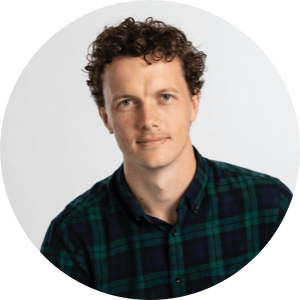
Available for Student Supervision

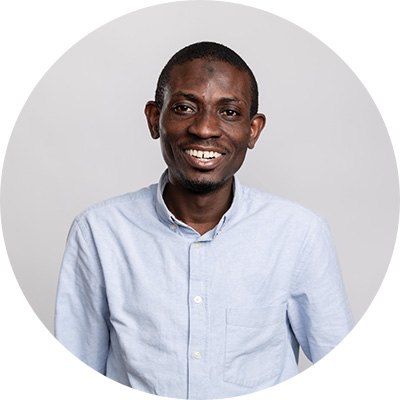
Available for Student Supervision
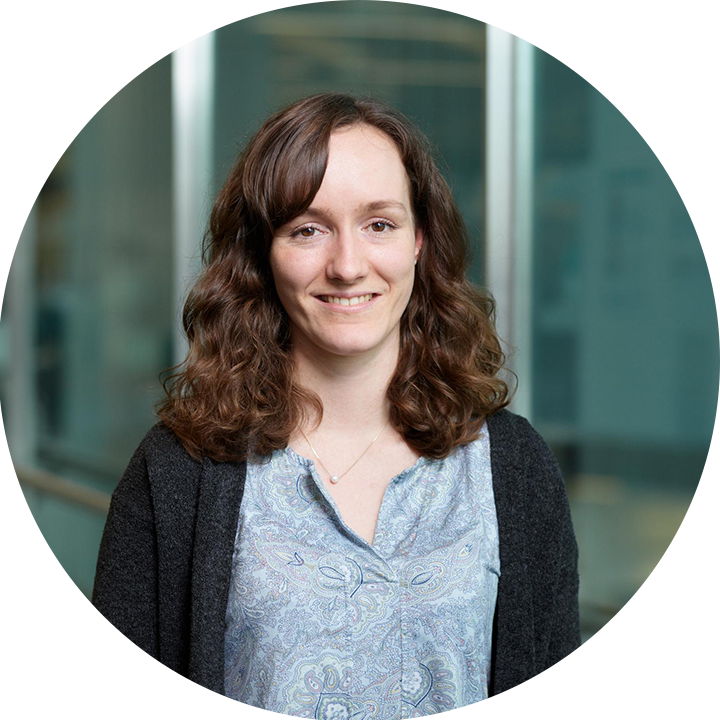
Available for Student Supervision
- Joerg Heierhorst, Scientific Advisor
- Sylvie van Twest, Research Assistant
- Vince Murphy, Research Assistant
- Sophie Monks-O’Byrne, Research Assistant
- Shraddha Kameshwar, Lab Assistant
- Lara Abbouche, PhD student
- Lorna McLeman, PhD student
Student projects
Cancer mutation processes driven by stability of DNA:RNA hybrids
Lab: Genome Stability
Supervisor(s): Associate Professor Andrew Deans
Diseases focus: CancerIdentifying IL-27 dependent pathogenic mechanisms in Type 1 Diabetes
Lab: Immunology
Supervisor(s): Dr Andrew Sutherland
Diseases focus: ImmunologyApplication of gene editing to the study of inherited breast and ovarian cancer
Lab: Genome Stability
Supervisor(s): Associate Professor Andrew Deans Associate Professor Wayne Crismani
Diseases focus: CancerA new method for CRISPR-Cas9 mediated gene editing
Lab: Genome Stability
Supervisor(s): Associate Professor Andrew Deans
Diseases focus: Healthy AgeingMechanisms of Regulatory T cell action in Type 1 Diabetes
Lab: Immunology
Supervisor(s): Dr Andrew Sutherland
Diseases focus: ImmunologyGene editing in blood stem cells
Lab: Genome Stability
Supervisor(s): Associate Professor Andrew Deans Dr Abdulsalam Isiaku
Diseases focus: Healthy AgeingSelected publications
Hodson, C, Low, JKK, van Twest, S, Jones, SE, Swuec, P, Murphy, V, Tsukada, K, Fawkes, M, Bythell-Douglas, R, Davies, A, Holien, JK, O’Rourke, JJ, Parker, BL, Glaser, A, Parker, MW, Mackay, JP, Blackford, AN, Costa, A, and DEANS, AJ (2022) ‘Mechanism of Bloom syndrome complex assembly required for double Holliday junction dissolution and genome stability’ PNAS, 119, e2109093119 10.1073/pnas.2109093119
Sharp MF, Bythell-Douglas R, Deans AJ and Crismani W, The Fanconi Anaemia ubiquitin E3 ligase complex as an anti-cancer target 2021 Molecular Cell. 10.1016/j.molcel.2021.04.023
Jung, Moonjung; Ramanagoudr-Bhojappa, Ramanagouda; van Twest, Sylvie; Rosti, Rasim Ozgur; Murphy, Vincent; Tan, Winnie; Donovan, Frank X; Lach, Francis P; Kimble, Danielle C; Jiang, Caroline S; Roger Vaughan, Parinda A Mehta, Filomena Pierri, Carlo Dufour, Arleen D Auerbach, Deans, AJ*, Agata Smogorzewska*, Settara C Chandrasekharappa* (co-corresponding). Association of clinical severity with FANCB variant type in Fanconi anemia 2020. Blood 10.1182/blood.2019003249
Tan, Winnie; van Twest, Sylvie; Leis, Andrew; Bythell-Douglas, Rohan; Murphy, Vincent J; Sharp, Michael; Parker, Michael W; Crismani, Wayne; DEANS, Andrew J; Monoubiquitination by the human Fanconi Anemia core complex clamps FANCI: FANCD2 on DNA in filamentous arrays, 2020 eLife. 10.7554/eLife.54128
Lu, R, O’rourke, J, Sobinoff AP, Allen J, Nelson CB, Tomlinson,CG, Deans, AJ* and Pickett, HA* (*co-corresponding authors) The FANCM-BLM-TOP3A-RMI complex suppresses alternative lengthening of telomeres (ALT) 2019. Nature Communications, 10(1):2252 10.1038/s41467-019-10180-6
Van Twest S, Murphy VJ, Hodson C, Tan W, Swuec P, O’Rourke, JJ, Heierhorst, J, Crismani, W and Deans AJ 2017. Mechanism of Ubiquitination and Deubiquitination in the Fanconi Anemia Pathway. Molecular Cell. 65(2):247–59. 10.1016/j.molcel.2016.11.005
ORCID profile: https://orcid.org/0000-0002-5271-4422
Google Scholar profile: https://scholar.google.com.au/citations?user=45jy-QUAAAAJ&hl=en
Related news
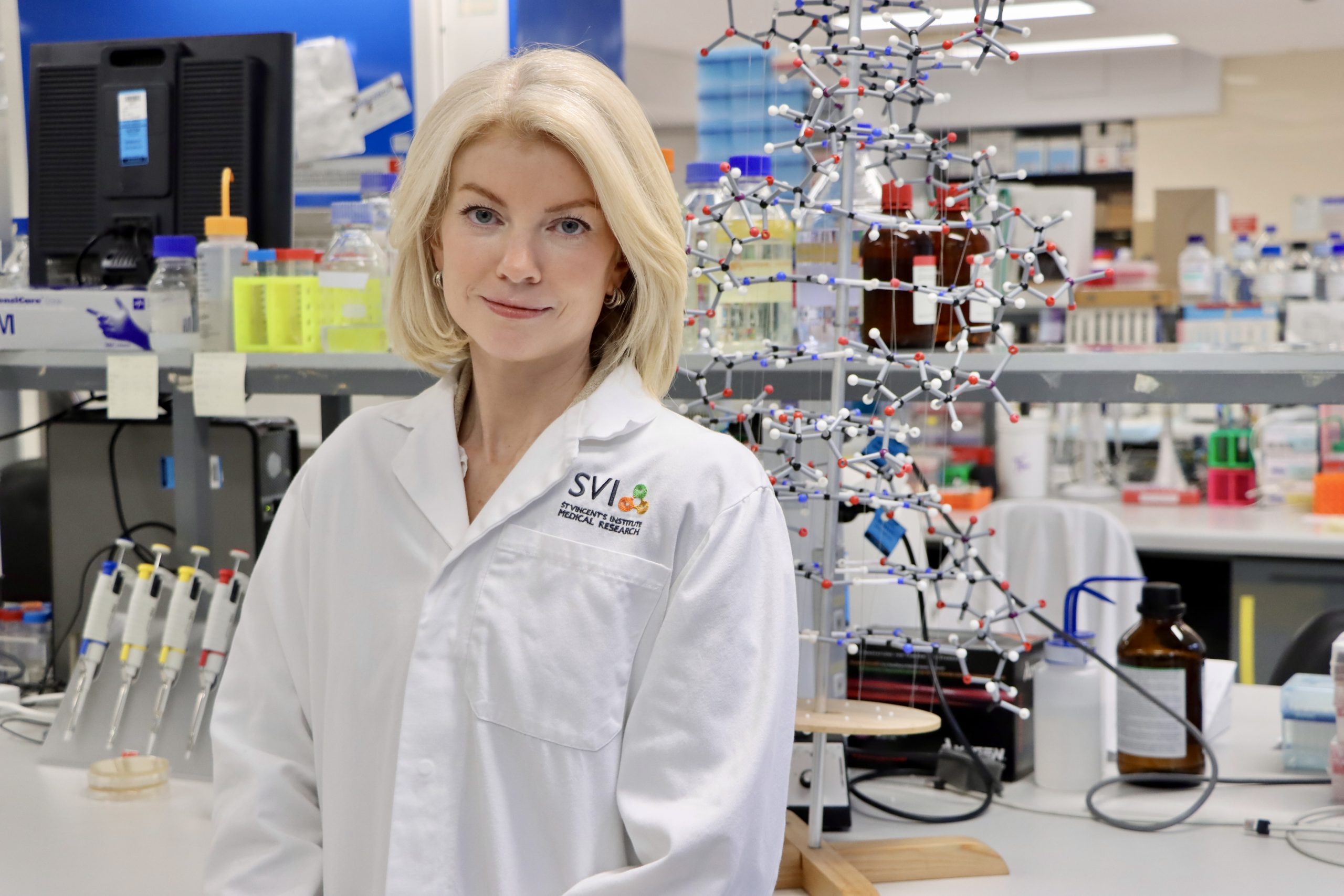
August 2024
Leading-edge kids’ cancer research gets a boost
Dr McLeman is set to receive $15,000 from the Col Reynolds Fellowship Program established by The Kids' Cancer Project. Named for founder Col Reynolds OAM, the aim of the Fellowships is to future proof childhood cancer research by encouraging new researchers and retaining talented scientists in the field of childhood cancer research.
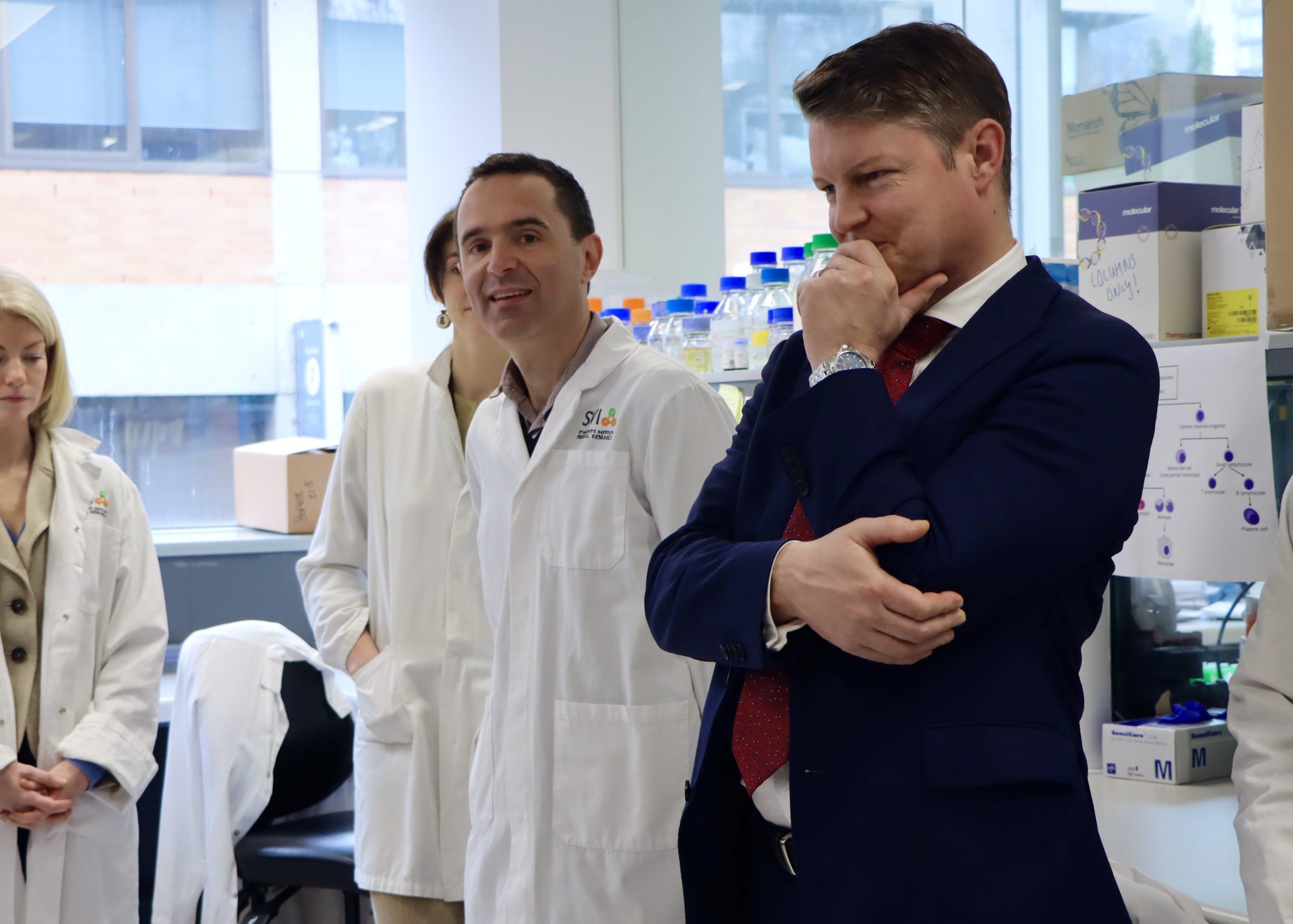
July 2024
Minister for Medical Research supports SVI’s efforts to turn science fiction into reality
Until recently, gene editing technologies were science fiction but now, Andrew’s team is developing cutting edge gene edition technologies that hope to prevent children and young adults from dying of inherited bone marrow failure syndromes.